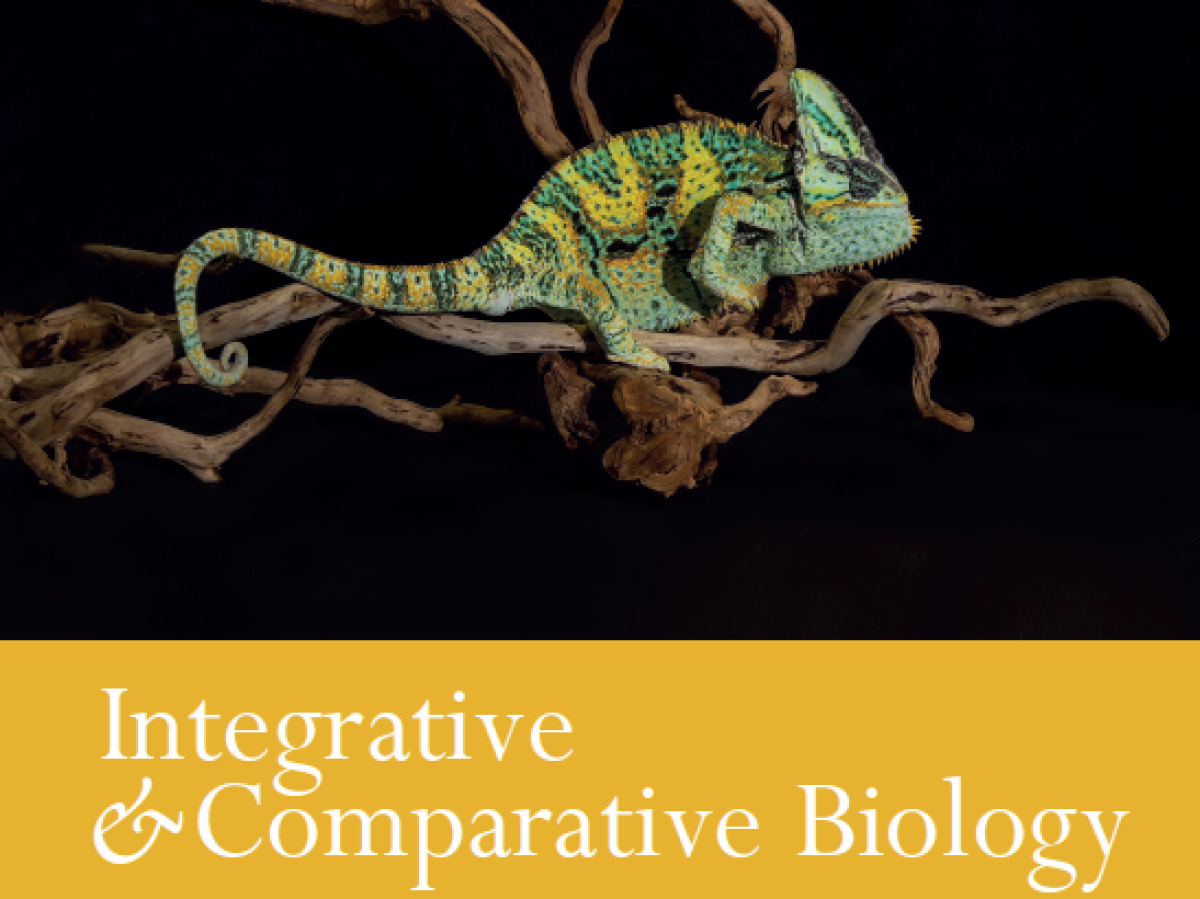by Mangum blogger Kaylee Velasquez, Graduate Student in the Stark Lab at Villanova University

Life depends on water. All organisms on Earth have been shaped, whether indirectly or directly, by the movement of water at various biological scales from an entire ecosystem to cellular membranes. Similar to water, personal identities, and cultural backgrounds inadvertently influence every facet of life, including scientific research (i.e., how we navigate collaborations, sharing of data, building community, culture molding our scientific interests/priorities, and how we navigate the world). At SICB 2024, the Feel the Flow: How Water Movement Shapes Organisms and Ecosystems symposium brought this intersection to the forefront by recruiting a diverse platform of speakers highlighting how water has shaped organisms across all levels of biology. Scientists and scientific presentations are often viewed as asocial homogenous beings, leading to science-only symposia that do not highlight individuality.
Feel the Flow wanted to challenge this standard of asocial practices in science by introducing concepts that had parallels between fields, facilitating community building among scientists. Like water, how we navigate the world and build relationships is fluid, even within science. For this reason, a goal of the Flow symposium was also to highlight the importance of our individual identities and perspectives. This was done through a series of formal and informal Fluid events including discussions of the inequities faced by historically excluded groups in science and social events meant to celebrate the uniqueness we all bring to our scientific societies.
This symposium was spearheaded by Bryan Juarez and Molly Womack. Juarez (@bhjuarez) is currently in his second year as a Post Doctoral Scholar in the Hadly and O’Connell labs at Stanford University studying anuran ecology and evolution from the molecular to global scale. As a first-generation Chicano from Los Angeles, the intersectionality of science and personal identity has been a consistent theme throughout his career. Juarez is passionate about catalyzing discussions about structural disparities and has regularly supported our colleagues from historically excluded groups in many ways throughout his career.

Overall, this symposium was deemed a great success, with much attendee participation and positive feedback. For his own individual presentation, Juarez found that people thought his talk was very informative and described the Latino experience in STEM in a way that they had not heard before. Some attendees stated that Juarez’s presentation allowed them to build a deeper and emotional connection to the Latino and Chicano experience in academia. Juarez expresses his intention to organize similar events at upcoming conferences, aiming to reshape the scientific discourse and expand the diversity of scientists invited to present, thereby amplifying a broader range of perspectives. I think I can speak for many by saying more symposiums centered around both science and identity are needed.
Overall, the theme of “flow” was two-fold; highlighting the flow of water in shaping organismal evolution, and flow in the context of identity, whether that be gender, sexuality, culture, or race. To complement the symposium, Juarez and Womack organized a “Fluid” art on-site—more on the art and Womack in a later issue.


